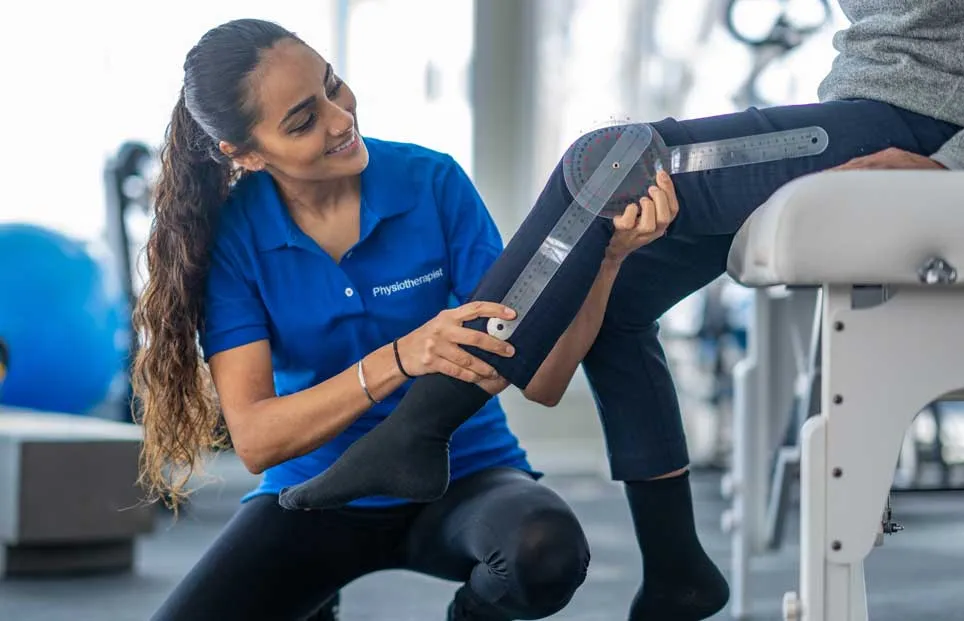The Crucial Impact of Resistance Training on Improving Recovery and Effectiveness in Athletic Rehabilitation
The Crucial Impact of Resistance Training on Improving Recovery and Effectiveness in Athletic Rehabilitation
Blog Article
Strength training plays a crucial part in athletic recovery, assisting athletes recover from traumas and enhance their overall capabilities. When an athlete gets hurt, their body needs period to recover. However, during this recovery phase, it is crucial to maintain power and flexibility to avoid additional injuries. Strength training can be customized to fit the needs of each athlete, concentrating on particular muscle areas that may have been affected by the trauma. This targeted method not only aids in rehabilitation but also readies the athlete to come back to their sport more robust than previously.
One of the main advantages of strength conditioning in rehabilitation is its capability to enhance muscular strength and endurance. When muscular tissues are stronger, they can more effectively support articulations and reduce the chance of re-injury. For instance, an athlete recovering from a leg injury can gain from exercises that fortify the thigh muscles and hamstrings. These muscles play a vital role in stabilizing the leg joint. By including strength conditioning into their rehabilitation plan, athletes can recover their strength more effectively and safely.
In addition to building power, strength conditioning also improves mobility and range of movement. Many traumas can lead to rigidity in the affected region, making it challenging for athletes to navigate easily. Strength conditioning exercises often include extending and lengthening the muscles, learn about this here now which can assist restore mobility. For instance, adding weight bands or dumbbells into stretching routines can improve the effectiveness of these exercises. As mobility improves, individuals can perform actions more effectively, which is essential for optimal capabilities in their sport.
Another important factor of strength training in sports rehabilitation is its beneficial effect on psychological health. Recovering from an injury can be a difficult and exasperating experience for athletes. Engaging in resistance conditioning can provide a sense of accomplishment and boost confidence. As individuals see gains in their strength and abilities, they may feel more driven to persist their rehabilitation journey. This mental uplift can be just as crucial as the physical benefits, as a optimistic attitude can result to better outcomes in recovery.
Finally, strength conditioning can assist athletes transition back to their sport more seamlessly. Once they have recovered their strength and flexibility, individuals must to practice activity-specific actions to ensure they are ready for contests. Resistance training can be combined with activity-specific drills to create a comprehensive recovery program. This combination allows athletes to not only heal but also improve their capabilities. By focusing on both rehabilitation and capabilities, strength training becomes an crucial tool in the rehabilitation journey, assisting athletes come back to their activity stronger and more durable.